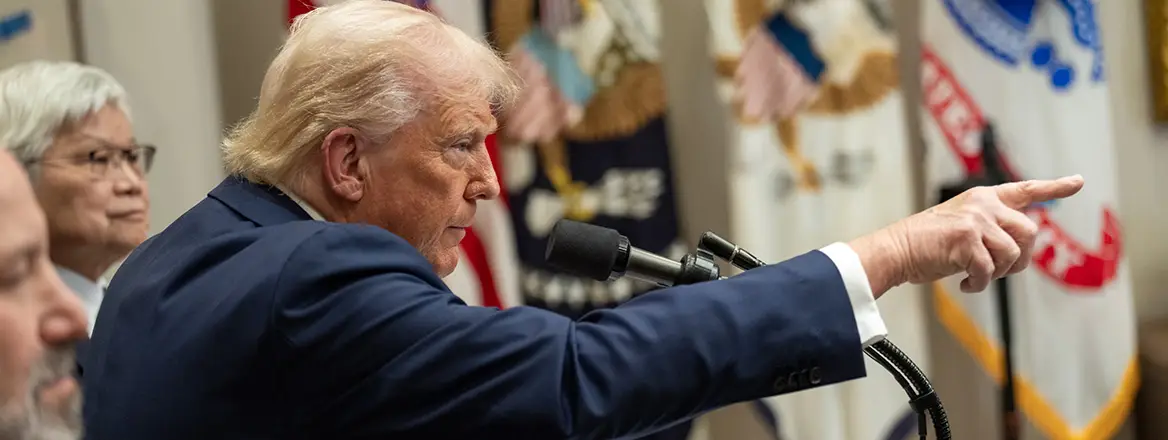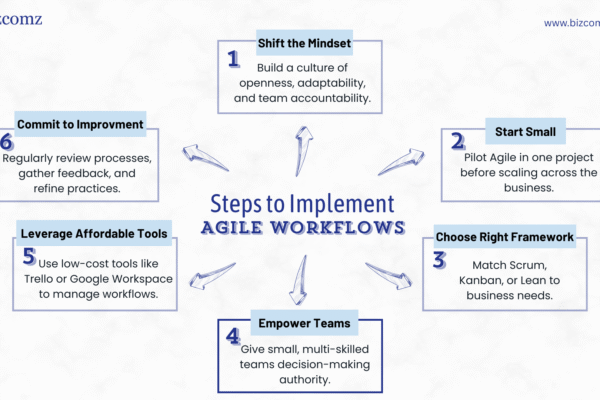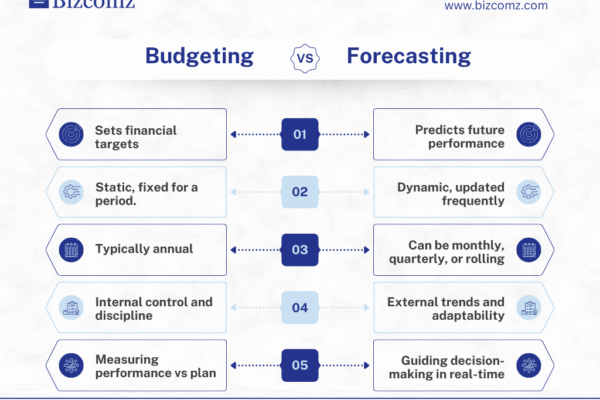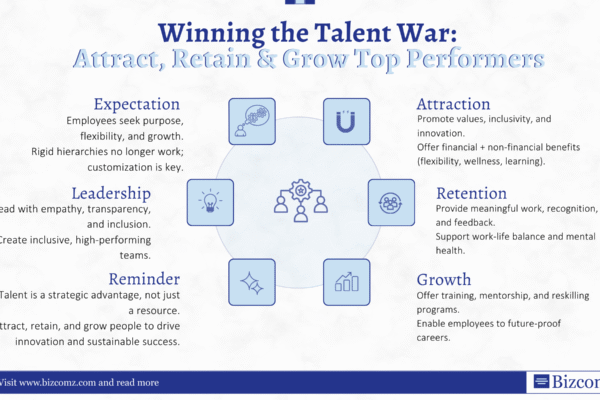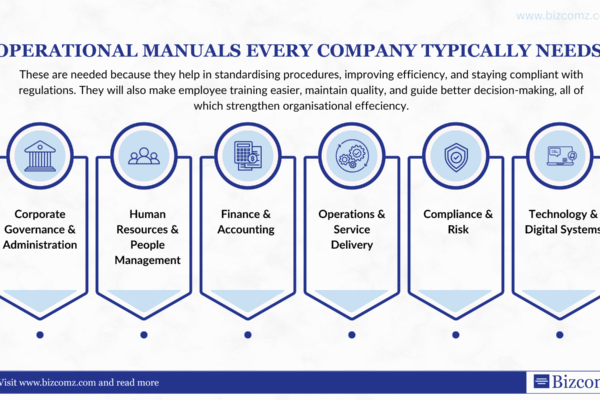In a significant policy shift, the Trump administration announced a 90-day halt on foreign aid disbursed through the United States Agency for International Development (USAID). This decision, framed as a review of the effectiveness and alignment of foreign aid with U.S. interests, has sparked widespread debate and concern. While the administration argues that the pause is necessary to ensure taxpayer dollars are used efficiently, the immediate suspension of aid has had far-reaching consequences for developing countries that rely heavily on these funds. This article explores the economic, social, and humanitarian impacts of this decision on beneficiaries, economies, and communities in developing nations.
The Role of USAID in Developing Countries
USAID has long been a cornerstone of U.S. foreign policy, providing critical support to developing countries in areas such as health, education, agriculture, and infrastructure. For decades, the agency has funded programs aimed at reducing poverty, combating diseases like HIV/AIDS and malaria, improving food security, and promoting economic development. In many countries, USAID’s contributions are not just supplementary but essential to the functioning of key sectors. The sudden halt in funding has disrupted these programs, leaving a void that is difficult to fill.
Economic Consequences for Developing Countries
The suspension of USAID funding has had immediate economic repercussions for many developing countries. In nations where foreign aid constitutes a significant portion of the national budget, the pause has created fiscal challenges. Governments that rely on USAID funds to support public services, such as healthcare and education, are now grappling with budget shortfalls. This has forced some countries to delay or scale back critical projects, undermining long-term development goals.
For example, in countries like Malawi and Uganda, where USAID supports agricultural programs aimed at improving food security, the halt in funding has disrupted supply chains and left farmers without access to seeds, fertilizers, and training. This not only threatens food production but also jeopardizes the livelihoods of millions of smallholder farmers who depend on these programs for their income.
Moreover, the suspension has had a ripple effect on local economies. Many USAID-funded projects employ local workers and contract local businesses, creating jobs and stimulating economic activity. The sudden withdrawal of funding has left many of these workers unemployed and businesses struggling to stay afloat, exacerbating poverty and inequality in already vulnerable communities.
Humanitarian Impacts on Beneficiaries
The 90-day halt on foreign aid has had profound humanitarian consequences, particularly for the most vulnerable populations. USAID-funded programs often target marginalized groups, including women, children, and refugees. The suspension of these programs has left many without access to essential services.
In the health sector, for instance, USAID plays a critical role in funding vaccination campaigns, maternal health programs, and the fight against infectious diseases. The pause in funding has disrupted these initiatives, putting lives at risk. In countries like South Sudan and Yemen, where healthcare systems are already fragile, the suspension of aid has further strained resources, leaving hospitals understaffed and understocked.
Education programs have also been affected. USAID supports initiatives that provide scholarships, build schools, and train teachers in developing countries. The halt in funding has disrupted these efforts, leaving many children without access to education. This not only undermines their personal development but also hampers the long-term economic prospects of their communities.
Refugees and internally displaced persons (IDPs) are among the hardest hit. USAID funds are often used to provide food, shelter, and medical care to displaced populations. The suspension of aid has left many refugees without basic necessities, exacerbating their already dire circumstances.
Geopolitical and Diplomatic Implications
The Trump administration’s decision to halt foreign aid has also had geopolitical ramifications. For decades, U.S. foreign aid has been a tool for fostering diplomatic relationships and promoting stability in developing regions. The sudden suspension of aid has strained these relationships, with some countries viewing the move as a withdrawal of U.S. support.
In regions like Sub-Saharan Africa and the Middle East, where USAID plays a significant role in promoting stability and countering extremism, the pause in funding has raised concerns about the potential for increased instability. Without U.S. support, some governments may struggle to address the root causes of conflict, such as poverty and inequality, potentially creating a vacuum that extremist groups could exploit.
The Broader Debate on Foreign Aid
The Trump administration’s decision has reignited the debate over the role and effectiveness of foreign aid. Proponents of the review argue that it is necessary to ensure that U.S. aid is being used effectively and aligns with national interests. They point to instances of corruption and mismanagement in some recipient countries as evidence that a more rigorous evaluation is needed.
Critics, however, argue that the sudden halt in funding undermines the very purpose of foreign aid: to alleviate suffering and promote development. They contend that while reforms may be necessary, the abrupt suspension of aid without a clear plan for continuity has caused unnecessary harm to vulnerable populations.
Looking Ahead: The Path Forward
As the 90-day review period progresses, the international community is closely watching how the Trump administration will address the challenges and criticisms that have arisen. Many hope that the review will lead to a more efficient and targeted approach to foreign aid, one that maximizes impact while minimizing waste.
In the meantime, the suspension of USAID funding serves as a stark reminder of the interconnectedness of global development. The decisions made by one country can have profound consequences for millions of people around the world. As the U.S. reevaluates its foreign aid strategy, it is crucial to balance fiscal responsibility with the moral imperative to support those in need.
Conclusion
The Trump administration’s 90-day halt on foreign aid has had significant and far-reaching impacts on developing countries. From economic disruptions to humanitarian crises, the suspension of USAID funding has left many communities struggling to cope. While the review may ultimately lead to a more effective and efficient aid system, the immediate consequences highlight the importance of thoughtful and deliberate policymaking in the realm of foreign aid.
As the world grapples with these challenges, it is essential to remember that foreign aid is not just a financial transaction but a lifeline for millions of people. The decisions made today will shape the future of global development and the lives of countless individuals for years to come.

